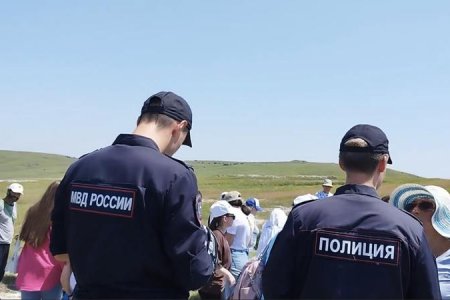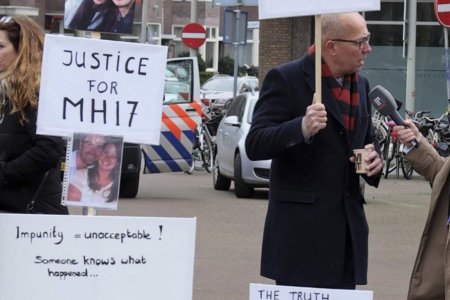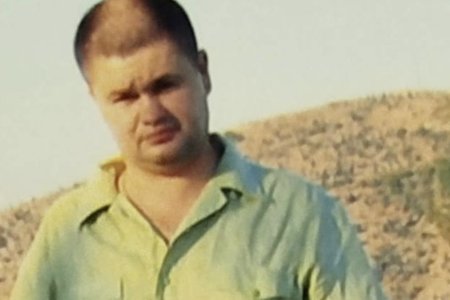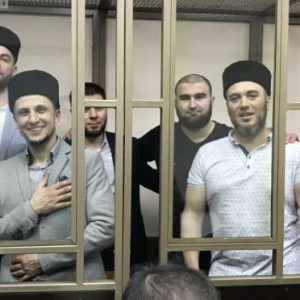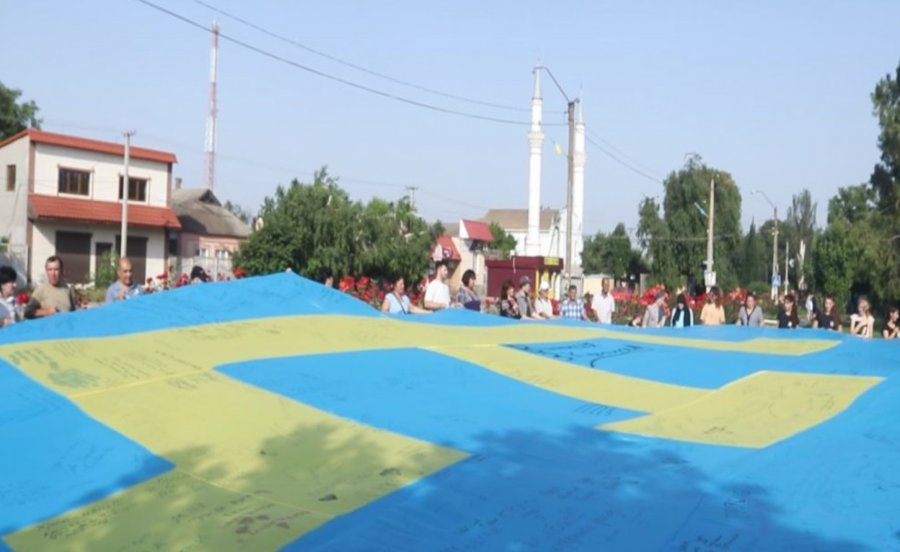
The Russian occupation authorities in Crimea have banned the raising of the Crimean Tatar flag during the ceremonies to mark the beginning and end of the school year. They have also prohibited the organization of any remembrance events marking the anniversary of the 1944 Deportation of the entire Crimean Tatar people from their homeland. This is recognized as an act of genocide in Ukraine, but Russia has systematically banned all public events to remember the victims of this crime, and will now treat attempts to organize school events as ‘planned provocation’.
Russia has eliminated any free press in occupied Crimea and persecutes those who provide information about human rights violations. In reporting these new developments, therefore, the human rights NGO Crimea SOS is forced to simply quote its own sources, without further detail. While there is no written instruction, specifically banning the raising of the Crimean Tatar flag, Crimea SOS reports that people “from the administration” turned up at schools, with this clearly meaning from the Russian-installed ‘administration’ under Sergei Aksyonov. When asked why it’s not allowed to raise the Crimean Tatar flag, these individuals claim that “it’s not established anywhere” and that there is only the Russian flag and the so-called flag of the ‘republic of Crimea’.
Russia has constantly denied its discrimination of ethnic Ukrainians and Crimean Tatars in occupied Crimea and its effective elimination of education in the Ukrainian and Crimean Tatar languages. During hearings before the UN’s International Court of Justice [ICJ] and on many other occasions, it has pointed to a ‘law’ passed by the occupation regime in 2017 which recognizes three official languages in occupied Crimea – Ukrainian, Crimean Tatar and Russian. Such official status exists merely on paper. By 2019, monitoring carried out by the Crimean Human Rights Group (CHRG) found that there was not a single school in occupied Crimea, offering teaching in Ukrainian. This was two years after ICJ ordered Russia to ensure access to education in Ukrainian as part of the above-mentioned court proceedings. By 2021, CHRG reported a catastrophic drop, even in the number of students learning Ukrainian.
Although the situation with education in Crimean Tatar had also deteriorated, the official statistics at that time (July 2021) seemed better. This, however, was almost certainly a façade. On 1 September 2021, Ilmi Umerov, Deputy Chair of the Mejlis, or representative assembly, of the Crimean Tatar people, reported that the claim made that there were seven Crimean Tatar schools in occupied Crimea was false. In all these schools, he said, the teaching was in Russian, with Crimean Tatar merely taught only as a language. The ever-mounting number of Ukrainian political prisoners have also demonstrated how meaningless ‘official status’ is, with five Crimean Tatar political prisoners thrown out of their own ‘trial’ for trying to speak in their own native language.
It became positively dangerous to wave a Ukrainian flag from the beginning of Russia’s invasion and annexation of Crimea. At least two Ukrainians (Volodymyr Balukh and Oleh Prykhodko) who insisted on flying the Ukrainian flag over their home, were arrested and imprisoned on overtly fabricated charges.
The situation has not been much better for demonstrations of the Crimean Tatar flag. Every year, as Crimean Tatar Flag Day (26 June) approaches, the occupation enforcement bodies turn up at the homes of prominent Crimean Tatar public figures, civic journalists and activists, with ‘warnings of the inadmissibility of extremism’. Any attempt to wave the flag is likely to get you detained and prosecuted on absurd administrative charges. 73-year-old Rustem Kurnosov and 65-year-old Enver Useinov were detained on 25 June 2023 because of the Crimean Tatar flags they were flying on their cars. Both were subsequently fined, with the occupation police claiming that they had ‘held a public event without giving prior notification’
The same cynical ‘warnings over the inadmissibility of extremism’ are also handed out on the eve of the anniversary of the Deportation of the Crimean Tatar people, which began on 18 May 1944. Within two months of its invasion in 2014, Russia had banned all public gatherings to commemorate this most tragic of anniversaries for all Crimean Tatars. Since 2014, it has regularly hounded, harassed or detained and prosecuted Crimean Tatars for acts of remembrance.
With the 80th anniversary of the Deportation due in May 2024, the occupation regime have now set about eradicating remembrance from schools. Crimea SOS reports that preparations for events to mark Remembrance Day on 18 May have been banned. A special commission will be active on the eve of such important dates since “the planning of such events will be viewed as plans for provocation.”
The International Court of Justice’s ruling, in part over Russia’s discrimination of Crimean Tatars and ethnic Ukrainians in occupied Crimea will hopefully be handed down by the end of 2023.
